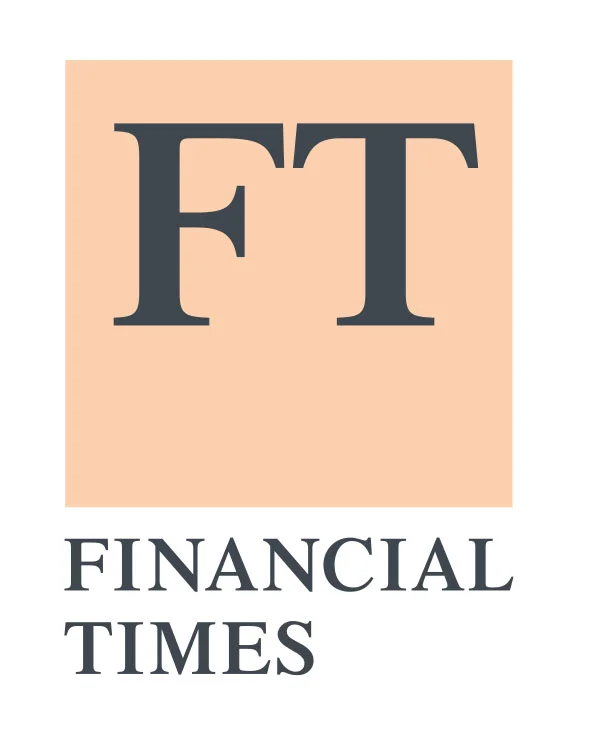This article is taken from the Financial Times on Monday 23rd June 2014
James Innes cannot help but smile whenever he glances at a supposedly definitive inventory of the wealthy, such as the Forbes World’s Billionaires list or the Sunday Times Rich List. His interest is piqued more by who does not get a mention, than who does. “Ninety percent [of wealthy people] are not captured by the Sunday Times Rich List or Forbes. I know countless people who are not on those lists,” he says. “There is a substantial number of people who do not want to be on those lists and never will be.” Quite what this tells us about global inequality is up for debate, but Mr Innes does seem to be better placed than most to know the truth of the matter.
As partner and co-founder of Chrystal Capital, a London-based corporate finance house, he spends his days travelling the planet to minister to a network of 350 family offices – private investment operations set up by the world’s growing ranks of super-rich. The bare minimum is investable assets of $250m, although “most of them have far more”.
Most of this wealth is “new money”, made in the last 20-30 years, he says, much of it by investors based in emerging markets. This is one reason it has flown beneath the radar. “We know lots of people who put money into Facebook, Twitter, Shazam. How do you find out who did that? And after people have made their first $200m-$300m it comes down to how they invested it, which nobody knows about,” says Mr Innes. He mentions one client who receives royalties of $1bn a year from a family-owned oilfield in Nigeria. “[The wealth] is coming from the emerging markets, particularly southeast Asia. It is easy to create wealth quickly in emerging market economies where there are oligopolies in natural resources, TMT [technology, media and telecoms], [the] consumer [sector],” he adds. “In the Stan countries [of central Asia] the oil and gas families own the banks. They have their fingers in all parts of the economy because they have the money to invest. In Indonesia there are half a dozen families that own the country. In Latin America it is the same.”
Below the billionaire level, Mr Innes notes a number of individuals who have made themselves wealthy through running private equity and hedge fund houses. Yet, intriguingly, he suggests wealthy families are opening up to the likes of Chrystal Capital precisely because these hedgies and private equity types have failed their clients. “In the last five years these families have started to take a lot more active interest in where their money is invested, rather than relying on private bankers or big banks,” Mr Innes says, “because they lost money.” “It was quite painful losing $1bn and wanting to redeem money from that fund and not being able to,” he says, referring to the many hedge funds that put barriers in the way of redemptions. “And the 2007 vintage of private equity lost money. It is why [private equity houses] are closing down. It is not just institutions that stopped giving them money, it is family offices.”
Chrystal Capital’s mission is to connect these family offices with companies seeking financing, particularly private companies, for which the supply of capital is “very much constrained”, says Mr Innes. He believes that the current flood of initial public offerings is being fuelled by brokers encouraging private companies to float. This is partly because brokers earn large fees from steering a successful float, and partly because, Mr Innes claims, brokers do not have access to alternative pools of capital that private businesses can tap, which might allow them to remain private or list when they are larger.
“In my view you should not float until you are £200m [in market capitalisation], [but] the default broker response is to say ‘I will IPO you’. He cannot raise the money privately because he does not have the contacts [with family offices]. I can be the conduit between [private companies] and a whole different pool of capital. The brokers hate it.” According to Mr Innes, the reason the UK IPO market is showing signs of indigestion (Hungarian airline Wizz Air and clothing chain Fat Face pulled floats in the past month), is that brokers are approaching the same 20 or so fund managers, such as Andy Brough, Schroders’ star small and mid-cap manager, every time. Matters may come to a head after the summer lull, he fears.
“There are so many IPOs backing up. God knows what will happen in September. I think the fund managers have turned off their phones,” says Mr Innes. “Everybody is going to the same institutions for the same money. In my view they are not looking after the interests of the companies. Family offices are generally longer-term holders of stock.”
According to Mr Innes, Chrystal Capital has raised $560m, typically in $5m to $100m tranches, for companies such as Sportingbet, BlueCrest Energy and Lonrho, the Africa-focused conglomerate, since launch in 2010. The firm co-invests alongside its clients (although the families write bigger cheques) and identifies around 100 opportunities a month, of which it typically takes one. He claims investors have made “significant” returns from every listed company Chrystal Capital has raised money for, via rights issues or placements of convertible bonds. Typical annualised returns are 10-15 per cent, rising to 30 per cent plus on private deals.
This is despite troubles at Buccaneer Energy, an Australian oil and gas exploration company that earlier this month filed for bankruptcy protection in the US. Chrystal Capital arranged a $62m loan facility for Buccaneer in January, but Mr Innes remains confident the family office involved will not only get its money back, but will even enjoy a return on its investment. Chrystal Capital’s beat is about to become a little more crowded. David Currie, who headed Investec’s UK investment banking division for more than a decade, is launching Codex Capital Partners, a boutique aimed at securing direct investments from family offices and other wealthy people. But Mr Innes believes there is more than enough work to go around. “The families have lost trust in big institutions, as a lot of people have,” he says.


